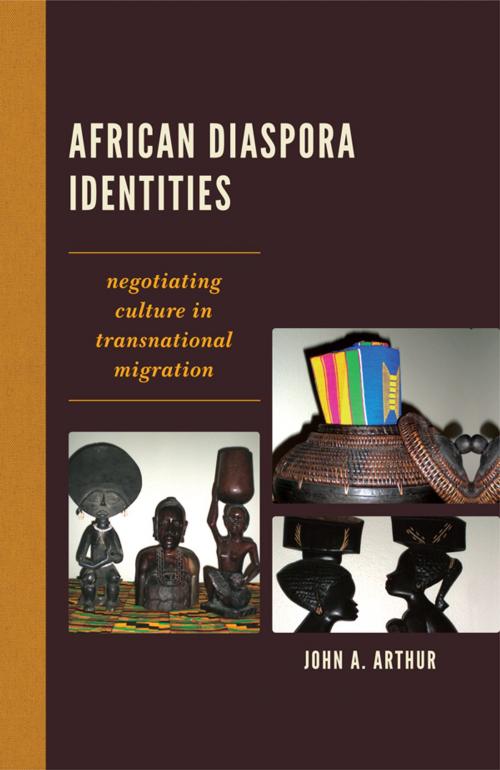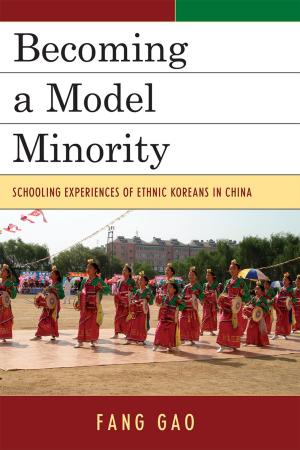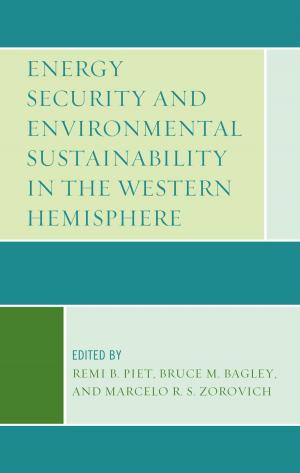African Diaspora Identities
Negotiating Culture in Transnational Migration
Nonfiction, Social & Cultural Studies, Social Science, Human Geography, Cultural Studies, Emigration & Immigration, Ethnic Studies| Author: | John A. Arthur | ISBN: | 9780739146392 |
| Publisher: | Lexington Books | Publication: | August 20, 2010 |
| Imprint: | Lexington Books | Language: | English |
| Author: | John A. Arthur |
| ISBN: | 9780739146392 |
| Publisher: | Lexington Books |
| Publication: | August 20, 2010 |
| Imprint: | Lexington Books |
| Language: | English |
African Diaspora Identities provides insights into the complex transnational processes involved in shaping the migratory identities of African immigrants. It seeks to understand the durability of these African transnational migrant identities and their impact on inter-minority group relationships. John A. Arthur demonstrates that the identities African immigrants construct often transcends country-specific cultures and normative belief systems. He illuminates the fact that these transnational migrant identities are an amalgamation of multiple identities formed in varied social transnational settings. The United States has become a site for the cultural formations, manifestations, and contestations of the newer identities that these immigrants seek to depict in cross-cultural and global settings. Relying mostly on their strong human capital resources (education and family), Africans are devising creative, encompassing, and robust ways to position and reposition their new identities. In combining their African cultural forms and identities with new roles, norms, and beliefs that they imbibe in the United States and everywhere else they have settled, Africans are redefining what it means to be black in a race-, ethnicity-, and color-conscious American society.
African Diaspora Identities provides insights into the complex transnational processes involved in shaping the migratory identities of African immigrants. It seeks to understand the durability of these African transnational migrant identities and their impact on inter-minority group relationships. John A. Arthur demonstrates that the identities African immigrants construct often transcends country-specific cultures and normative belief systems. He illuminates the fact that these transnational migrant identities are an amalgamation of multiple identities formed in varied social transnational settings. The United States has become a site for the cultural formations, manifestations, and contestations of the newer identities that these immigrants seek to depict in cross-cultural and global settings. Relying mostly on their strong human capital resources (education and family), Africans are devising creative, encompassing, and robust ways to position and reposition their new identities. In combining their African cultural forms and identities with new roles, norms, and beliefs that they imbibe in the United States and everywhere else they have settled, Africans are redefining what it means to be black in a race-, ethnicity-, and color-conscious American society.















